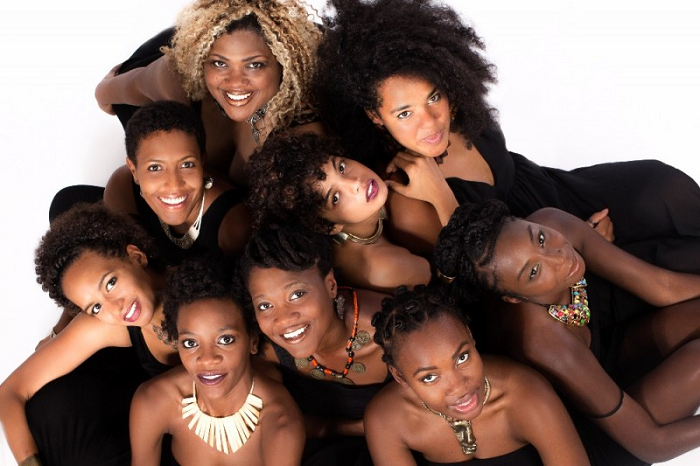
Ending violence against women, girls
Envisage a world free from all forms of abuse, be it physical, psychological, economic, social or sexual. A world where women and girls can live and realise their human rights with dignity. A safe space where our young girls flourish and prosper peacefully alongside men and boys, sharing in and benefiting from societies that value their skills and accept their leadership.
Violence Against Women and Girls (VAWG) has a devastating effect on both individuals and on the society as a whole.
It tears the society apart and drains resources that could be channelled into other useful ventures, including national development. VAWG is rooted in gender-based discrimination and social norms, as well as gender stereotyping.
As Ghana joins the global community to celebrate the global campaign of 16 days of Activism against Gender Based Violence, I would want to tune your attention to “rape culture” as it silently fuels violence against women and girls.
Rape culture
Wikipedia defines rape culture as “a concept used to describe a setting in which rape is pervasive and normalised due to societal attitudes about gender and sexuality.”
Rape culture could further be described as an environment in which rape is prevalent and in which sexual violence is normalised and excused in the media and within our society.
This act of violence is perpetuated through the use of strong prejudiced language against women (misogynistic language) which is associated with gender stereotyping. One common one is; ‘women are born for the kitchen.’
Also the objectification of women’s bodies, perceiving women’s bodies as commodities or sex objects, for example, thereby creating a society that disregards women’s rights and safety.
There have been a number of occasions in our media space where rape and defilement cases are trivialised and made fun of, watering down the seriousness of the offence and making it sound as if it is acceptable.
Violence prevention requires a change in the social norms and conditions that impact negatively on society.
Manifestation
One common means of the manifestation of rape culture is “victim blaming.” This occurs when the victim/survivor of any wrongful act is held entirely or partially responsible for the harm that befell him or her.
Most often, we hear or read statements such as: “Why did you go there?” “She asked for it!”, “Why was she dressed that way?”
In most instances too, society publicly scrutinises a victim’s dress, mental state, motives etc. They also trivialise sexual assault by saying “boys will be boys!” and making sexually explicit jokes.
Rape or defilement should not be justified by the way the victim appears. That said, what has that two to six-year-old girl got to show to merit being defiled?
Rape culture is also justified by the way society defines masculinity/manhood. They are described as dominant and sexually aggressive while on the other hand, womanhood/feminism is perceived as submissive and sexually passive.
In many instances, society turns to blame the victim/survivor instead of condemning the act and holding abusers responsible.
Effect
By engaging in this attitude of rape culture, victim blaming and the likes, society allows the abuser to perpetrate more relationship abuses or sexual assault without fear of reprisal.
It marginalises the survivor/s and makes it harder for them to come out and report, deepening the culture of silence.
This most importantly, reinforces what the abuser has been saying all along; “it is the victims fault.”
It also deepens the negative gender stereotype and encourages negative masculinity: (a man must be aggressive and domineering)
Dealing with rape culture
First and foremost, perpetrators of such acts are to be held accountable for their actions with no excuses made for their offence.
Each abuser had the choice to be involved or not, therefore he or she has to face the full consequences of the law. There is no need to assume consent .
Secondly, we all have to desist from using a language that objectifies or degrades women and girls; desist from making offensive jokes that trivialises rape.
It is important for us to be respectful of other people’s physical space even in casual situations. We should take the survivors seriously by listening and supporting them.
We should all be mindful and think critically about the media’s messages about women, men, relationships and violence. We must define our own manhood or womanhood and not let stereotypes shape our actions.
Finally, we all have to ensure that we are not left behind in the fight against Gender Based Violence. The call is for us to be active bystanders, as well as active citizens of Ghana by breaking the silence, ending rape culture and saying NO to Gender Based Violence. GET INVOLVED, THE TIME IS NOW!
Writer’s email:
